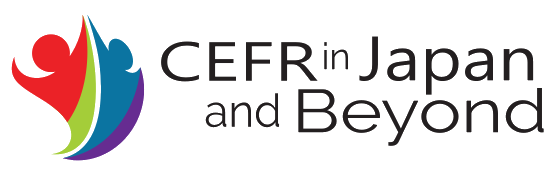Journal
Title: Implementing a localized version of a CEFR-based curriculum
Page: 56-73
Author(s): Tziona Levi (Israeli Ministry of Education), Simone Duval (Israeli Ministry of Education)
DOI: https://doi.org/10.37546/JALTSIG.CEFR5-5
Abstract:
This research addresses the implementation of the new Israeli English curriculum based on the CEFR and its introduction to lead-teachers, teacher-mentors and teacher-educators defined as ‘expert’ according to Israel’s Professional Standards Document (Ministry of Education 2019). To create reciprocal study and interaction with the curriculum document while disseminating it to EFL teachers throughout the country, these experts were led to conduct a multilevel interactive discourse, characterized by the ripple effect metaphor within Professional Learning Communities (henceforth PLCs). Examination of this interactive discourse within the PLC framework reflects the incorporation of a unique application design that draws on EFL curriculum implementation as a national policy and concurrently provides insight into the delivery of the curriculum designed to elicit critical meditative conversations. While applying a PLC setting, we demonstrate collaborative dialogues and knowledge construction by participant ‘experts’ as they learn the curriculum through social interaction, activating conceptual curriculum language as a mediational tool and verbalizing or ‘languaging’ the meaning making process (Swain 2006; Watanabe and Swain 2007). Thus, we ascertain that the expert-teachers’ knowledge of the curriculum is constructed within the PLC structure as they explore methods to mediate the curriculum. To capture the scope of the interaction and delineate this knowledge construction, we collected, transcribed and analyzed asynchronous logs written by each participant, and four collaboratively written (socially constructed) group logs which together form the source of the current qualitative study.
Keywords:
CEFR, professional learning communities (PLC), social interaction, curriculum implementation, curriculum mediators
* * * * * *

